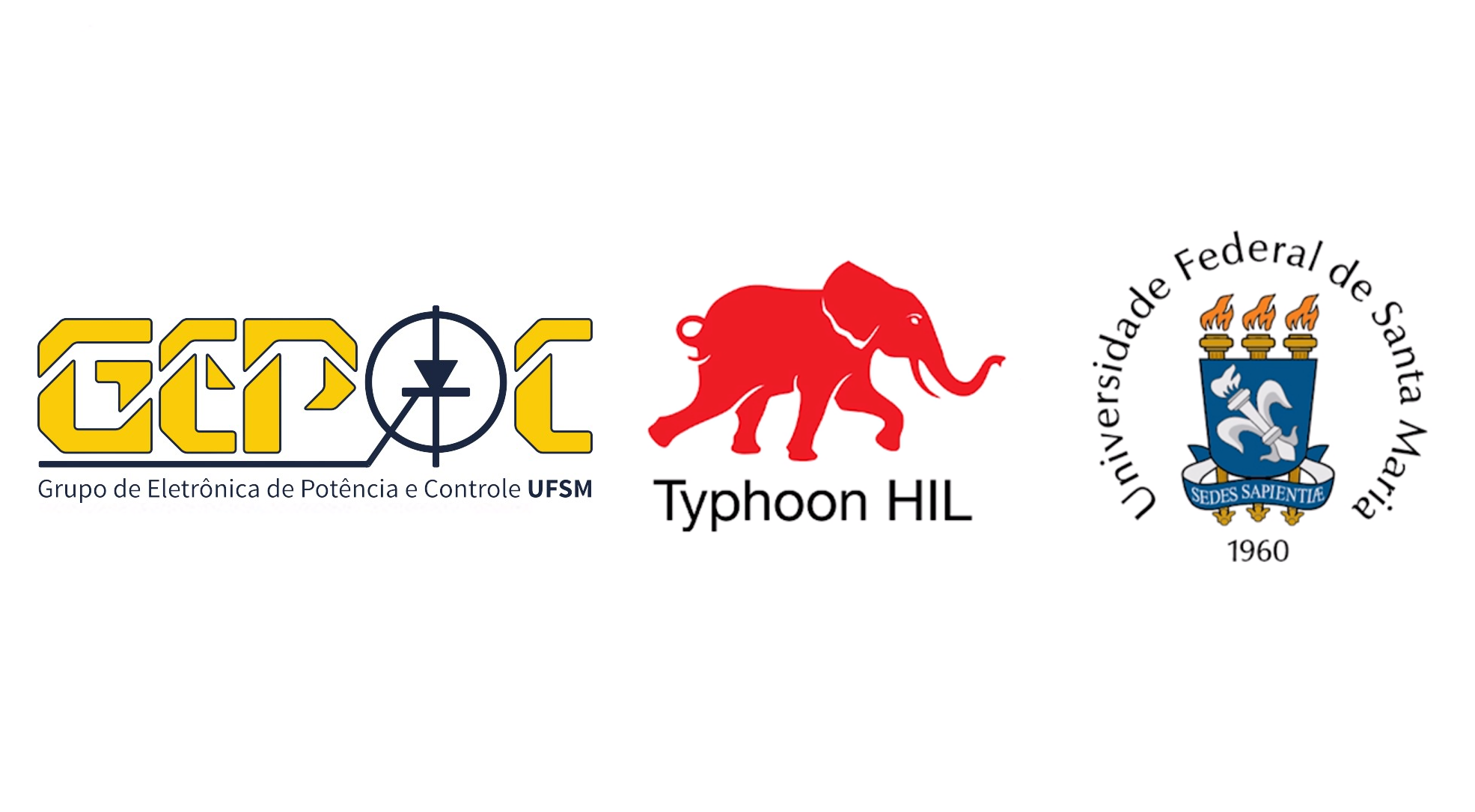Overview
The power electronics field has matured over the last sixty years. Today, static converters can efficiently transform electric energy to meet the requirements of many applications and are the enabling technology for the integration of renewable generation into the electric grid. So power electronics will play a key role in the renovation of the existing electric network.
Systems operators frequently update grid codes to ensure power quality and grid security. Consequently, power converter manufacturer have to design reliable products with reduced time-to-market in a competitive environment.
To address these challenges, the development teams of GEPOC-UFSM and Typhoon HIL have joined efforts to demonstrate the potential of test-driven design. This unique approach will use real-time simulation to demonstrate the performance of controllers under various operating conditions.
UFSM GEPOC – In power electronics, we focus on the study and development of new topologies of static converters (rectifiers, inverters and DC-DC converters) for applications ranging from AC power sources to the connection of renewable energy sources (especially hydropower, solar photovoltaic and wind power). In addition, design techniques are also developed to optimize converters with respect to volume, yield and/or cost. Regarding the research in process control, GEPOC develops control techniques focused on the application in power electronics, especially in plants with parametric variations or partially known models. Among the techniques researched, we highlight robust control, adaptive control, control by reference model, control by sliding modes, among others.
Attendees will learn about:
- The HIL Academy course on Digital Control of Grid Tied Converters
- The overview and history of the Test-Driven Design approach
- The overview of course modules
Speakers





Power Electronics Engineer at Typhoon HIL
